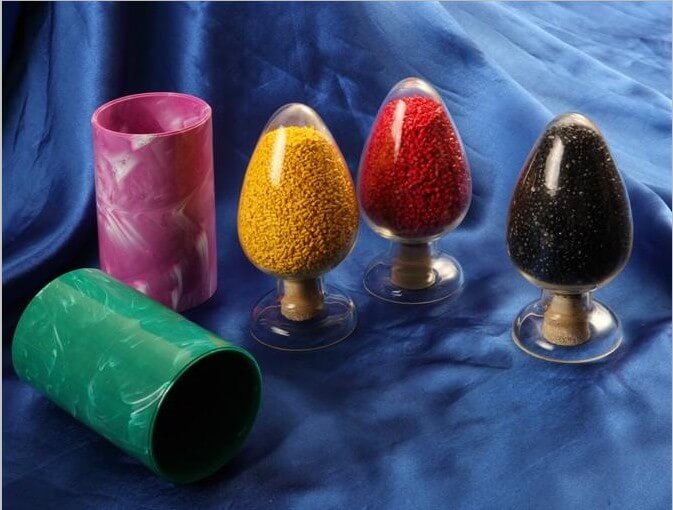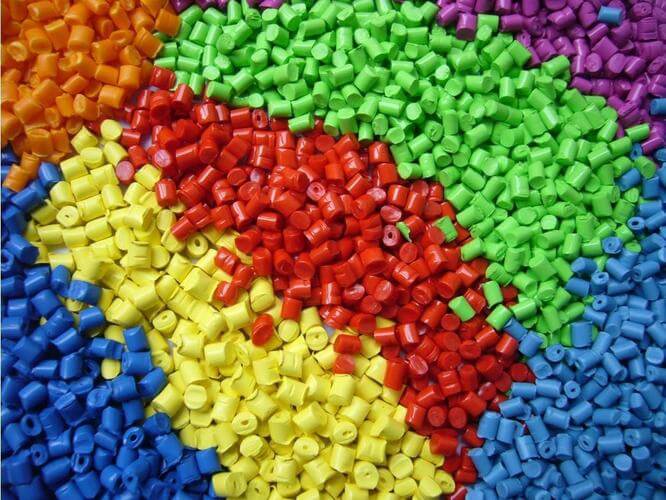Heat-Resistant Above 200°C: Germany Develops a New Bio-Based PBS for Industrial Applications
2025-10-09(40) hits
For years, bioplastics have been at the center of efforts to find environmentally friendly alternatives to conventional plastics. They can reduce dependence on fossil resources, save energy, and help lower CO₂ emissions. However, for industrial use, bioplastics must not only be sustainable but also easy to process. This is exactly what researchers at the Fraunhofer Institute for Applied Polymer Research (Fraunhofer IAP), located in the Potsdam Science Park, are focusing on. The institute will showcase its latest results in the field of bio-based and biodegradable plastics at the K 2025 International Trade Fair for Plastics and Rubber.
From Lab to Pilot Production
As part of the regional RUBIO project (an entrepreneurship alliance promoting the bio-based plastics value chain in central Germany), researchers have successfully developed around 20 new types of polybutylene succinate (PBS) and completed pilot-scale production and processing. These innovative PBS materials—derived from plant residues—can be processed through injection molding, thermoforming, extrusion, and spinning, making them suitable for a wide range of applications including packaging, consumer goods, and textiles.
Fraunhofer IAP scientists have scaled up PBS synthesis from lab quantities to 100 kilograms, producing a total of around 3 tons of PBS so far. By adjusting synthesis parameters, they obtained PBS grades with various characteristics. Three versions with differentiated flow properties were developed specifically for injection molding, while others are suited for blow molding, thermoforming, film and sheet extrusion, meltblown, or spunbond nonwoven processes.
The polymer structure plays a decisive role in processing performance. Depending on the intended process, molecular chains must be structured differently. The researchers successfully produced both fully linear and selectively branched PBS polymers, each tailored for specific processing methods. Moreover, the melt stability of these materials has been significantly improved: the new PBS grades can withstand temperatures above 200°C, marking a major breakthrough for industrial applications.
Application Validation
Together with industry partners Sauer GmbH & Co. KG and Gramß GmbH Kunststoffverarbeitung, the team has already developed the first market-ready products—sports bottles and matching caps—produced by blow molding and injection molding. The new PBS materials were tested on standard industrial plastic processing equipment. Results showed that the materials could be processed efficiently and stably under real production conditions while delivering convincing mechanical performance.
Future Outlook
Dr. Jens Balko, Head of the Bio-Polymer Processing Pilot Plant in Schwarzheide, is confident:
“As a bio-based and recyclable material, PBS will soon transform the bioplastics market landscape and play a key role in the circular plastics economy. With its pleasant tactile feel and soft-to-medium hardness, PBS can truly replace many products currently made from polyethylene.”
PBS plastics can be produced using local plant residues. However, the extraction process of succinic acid—a key molecule in PBS synthesis—still requires further development and new collaboration partners.
Latest article promotion
-

How to determine the quality of "plastic masterbatch"? What is the practical value of plastic masterbatch?
Because of the realization of various scientific and technological processes, there will also be more steps for the pro......
-

What factors affect the quality of black mother?
In the process of making a product, there are many factors that affect the quality of the finished product, whether it ......
-

What is the main use of the masterbatch?
The color masterbatch is made of a high proportion of additives and pigments or thermoplastic resins, the plastic paste......
-

What factors can cause the color master to fade?
The application range of color masterbatch is very wide, as long as it is basically plastic is needed, sometimes in use......
Quality article recommendation
-

How to determine the quality of "plastic masterbatch"? What is the practical value of plastic masterbatch?
Because of the realization of various scientific and technological processes, there will also be more steps for the pro......
-

What factors affect the quality of black mother?
In the process of making a product, there are many factors that affect the quality of the finished product, whether it ......
-

What is the main use of the masterbatch?
The color masterbatch is made of a high proportion of additives and pigments or thermoplastic resins, the plastic paste......
-

What factors can cause the color master to fade?
The application range of color masterbatch is very wide, as long as it is basically plastic is needed, sometimes in use......
